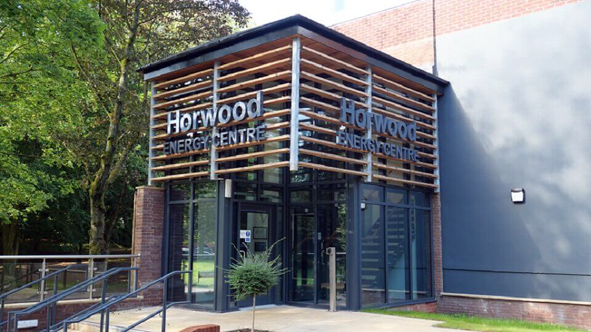Smart meters fail to change energy habits, say Keele researchers
- June 16, 2020
- Steve Rogerson

Smart meters are having little impact on people’s energy usage habits, according to researchers at Keele University in the UK.
When smart meters started being rolled out a decade ago, they were touted as a way of helping consumers cut down on their energy usage, but researchers have found that environmental concerns have little impact on reducing energy consumption.
Smart meters were introduced to allow consumers to manage their energy use and it was hoped they would save money on bills and lessen their environmental impact by reducing energy demand, as well as changing their attitudes towards their energy use.
But research by Keele University using focus groups has found that ten years after the roll out started, people’s awareness around strategies for improving energy efficiency is still only limited.
The findings also showed that environmental concerns are not a key driver in promoting energy reduction behaviour, not because participants don’t care about the environment but because they felt a reduction in their energy consumption would have very little impact on the environment.
These findings are in line with recent estimates that suggest that reductions in energy usage are only at around 2% since the start of the rollout, and far lower than the meaningful energy reductions that were hoped for.
The researchers – Zhong Fan, Sandra Woolley, Ed de Quincey and David Fredericks from Keele’s School of Computing & Mathematics – obtained these insights by conducting a series of focus group interviews with postgraduate consumers and asking them how they perceived their own efforts to reduce their energy use, as well as those of their employers.
Fan said this study contributed to the debate about the effectiveness of smart meters and in-home energy displays, adding that little appeared to have changed in the perception and experience of energy feedback in the past decade.
The project was funded by the Smart Energy Network Demonstrator (Send) programme in collaboration with Connexica. Send is an initiative at Keele that is a European first, turning the campus into a living laboratory for smart energy research, testing and development, and is funded by the European Regional Development Fund (ERDF) and the UK government Department for Business, Energy & Industrial Strategy.
Fan added: “This project, part of the Send programme, is a first step towards understanding people’s perception of smart meters and energy feedback.”
• Keele University has launched a masters degree course in smart energy management. The MSc is aimed at developing knowledge of smart grids, smart energy technology such as the IoT, big data analytics and artificial intelligence (AI), as well as cross-disciplinary issues such as sustainability.
The course will also develop and extend the practical skills that are necessary for the designing, building and evaluation of smart energy systems such as strategy management and consultancy skills.

The programme will be delivered with Keele University’s £15m Send project and delivered by Siemens. The project aims to create Europe’s first at-scale living laboratory on Keele campus where smart energy, data analytics and IoT technologies can be researched, developed and tested.
During the course students can choose to take an industry placement and, due to the link to the Send programme, there are a number of paid placement opportunities available to the students on the programme.
Students will also have access to information and links to other sustainability projects taking place on the Keele campus, such as HyDeploy, a green energy trial delivered with gas industry leaders to help reduce UK CO2 emissions. Keele has blended 20% zero carbon hydrogen with natural gas into its gas network to heat homes and buildings on campus to prove that it is a safe and greener alternative to the gas used now.
Fan said the new one year masters degree was a chance to get in right at the heart of one of the most exciting and influential energy and environment research and development projects in the world.
“This is a truly interdisciplinary course,” he said. “It combines cutting edge data science and energy technology with environmental sustainability and management. We are working with local, regional and international industry leaders, and offer students opportunities for paid placements on some of the most exciting real-life commercial developments in the sector.”





